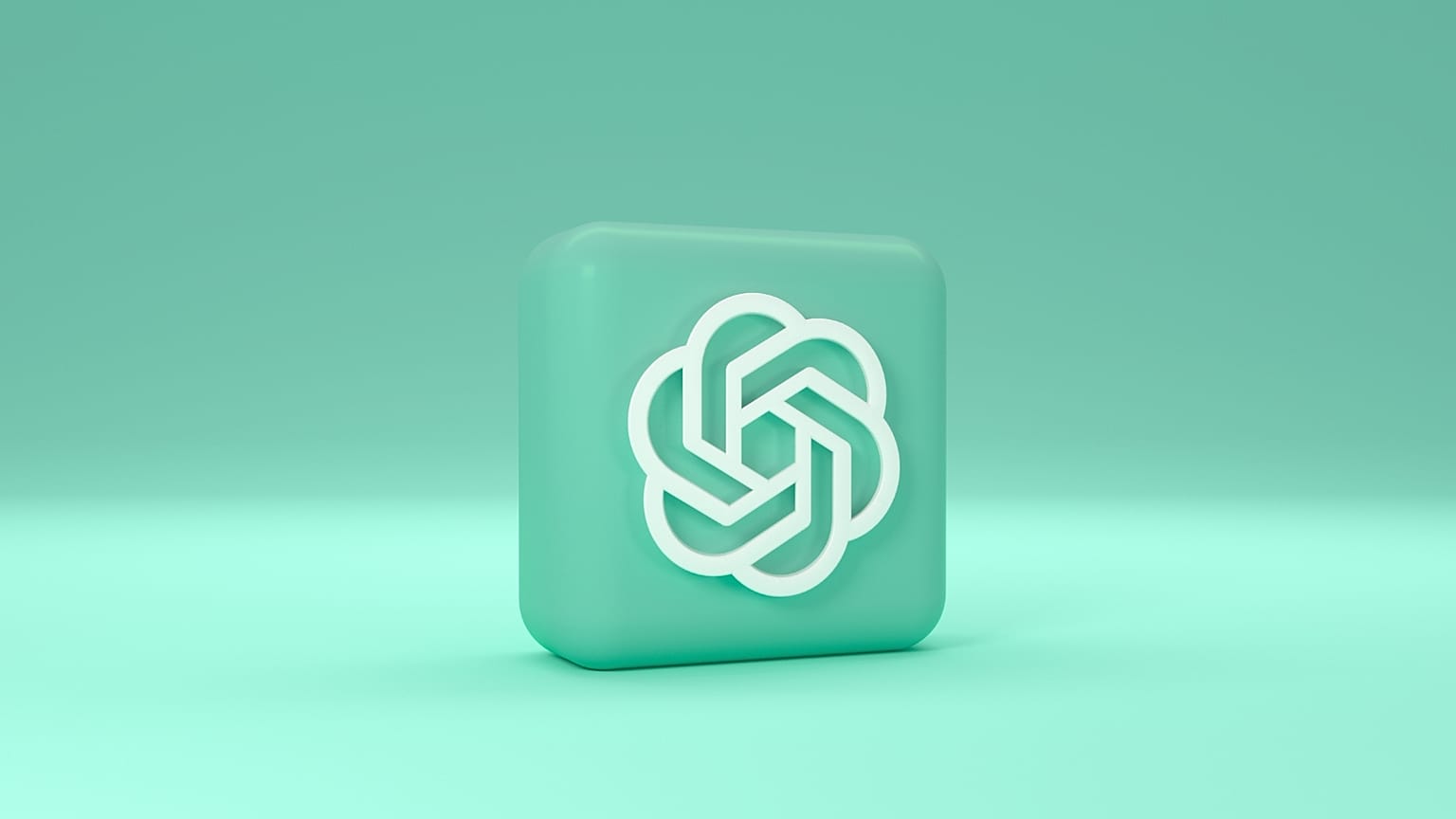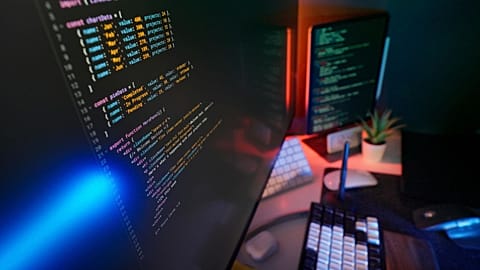From accelerating artificial intelligence (AI) use to challenging Google’s hegemony, here’s how ChatGPT jhas changed the world in just a year.
"It's been a year of learning and assisting," ChatGPT replied to Euronews Next’s on its first birthday.
 ADVERTISEMENT
ADVERTISEMENT
 ADVERTISEMENT
ADVERTISEMENT
A year ago, "ChatGPT wrote this text" might have felt like a clever plot twist online, but as we recognise the world’s most popular generative artificial intelligence (AI) chatbot on its first anniversary, we take a look at the ways in which it upended the Internet and beyond.
From panicked school teachers to big tech beefs, here are the top three changes ChatGPT brought to the world.
It has accelerated the AI revolution
Co-founded by (ousted, now reinstated) leader Sam Altman in 2015, OpenAI unveiled image generator DALL-E and GPT-3.5 before launching ChatGPT on November 30 2022.
The chatbot became the world’s fastest adopted online tool, with over 1 million users in 5 days (the record was surpassed by Meta’s Threads, launched in July).
The popularity of OpenAI’s tool gave visibility to its competition (even if it had launched before ChatGPT), including image generator Midjourney, voice generator Murf and marketing tool Jasper. Its biggest competition, Google Bard, was launched four months later, in March 2023.
It challenged Google’s domination
From translation to information retrieval, ChatGPT’s launch shook an area dominated by tech giant Google for the last 20 years.
In an attempt to win users for its search engine Bing - second to Google with only 4 per cent of the market - Microsoft invested billions in OpenAI. The company integrated a tool similar to ChatGPT for its search engine and its browser Edge.
The move to take on ChatGPT has been imitated by other companies, including most recently by Chinese firm Baidu, which announced its AI chatbot Ernie was "not inferior to GPT in any aspect".
It unlocked skills
While ChatGPT’s launch was met with reluctance from the arts and is still causing controversy because it breaches copyright, the chatbot democratised skills such as coding and creative writing.
If you’re able to command the chatbot precisely enough, it can write decent and useful code, saving tremendous time, according to experts. Today, using AI tools at work or school has become the norm and AI prompt engineers are some of the most sought after experts, with salaries expected to reach €300,000 a year.
Let us not forget that for all it’s advances, ChatGPT also had a plethora of shortcomings, not least its impact on culture and the arts, incurring the wrath of authors and publishers alike for scrapping information for its data sets.

















